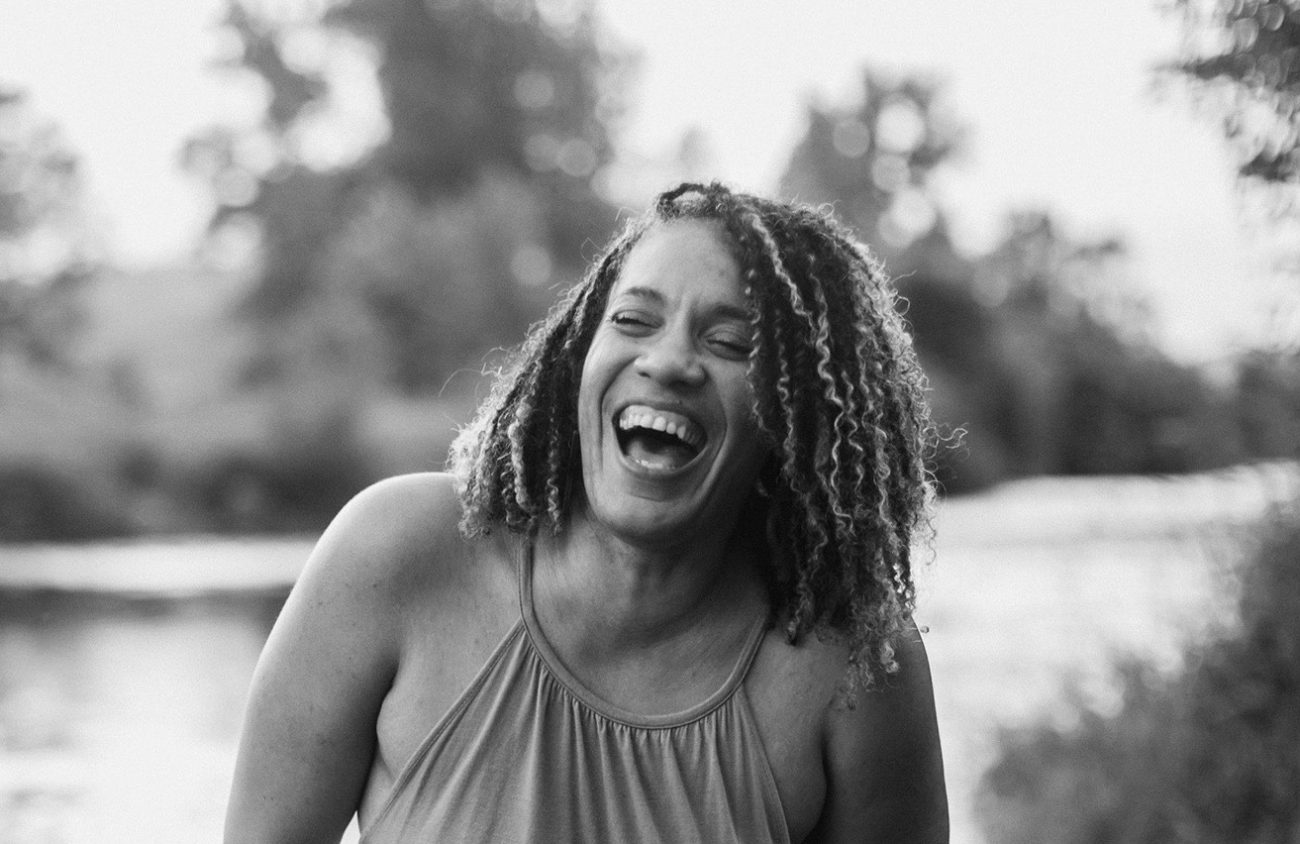Oh, Oregon… Oh, Eugene… We are not on the same page.
Let’s discuss white centering in solutions to anti-racism, and the lack of attention to anti-Blackness. I’m not going to belittle the 55.6 percent of the people who voted yes on Measure 112 — the measure which “amends the Oregon Constitution to delete a provision permitting slavery or involuntary servitude as punishment for a crime. Affirms that courts can issue sentencing alternatives to incarceration, including mandatory education, counseling, etc.”
That is the actual verbiage, and I need you to see the foundational issue; it is not the voting numbers, although we will get to that in a moment. This amends the OREGON CONSTITUTION. If you are unfamiliar with the history of Oregon, there it is.
The Constitution also stated that Black people literally were not allowed within its borders at the time the state joined the union. The families who were here lived comparatively in deep distress, focusing on being unheard, unseen, flying under the radar to maintain their safety, which even then they had little control over.
So what am I saying? That 44.4 percent of the Oregon voting population in 2022 who believed that ending slavery as a punishment was not a good decision. I’m truly uninterested in the caveats of why or why not.
Is this a win? Before you answer that, can you decenter yourself in that answer?
I’m going to guess eight out of 10 people reading this column would agree that the idea of slavery is barbaric and inhumane, but don’t attach the structure of the institution as a means to an end. It is a direct byproduct of white supremacy culture, in which as a whole, affects anyone oppressed by systemic superiority.
That includes socially economically disadvantaged white folx, too. I wonder if the white voting population tied this act to only Black and Brown people? You read slavery, you think Black.
With that idea, I’m curious — the 44.4 percent, if they were thinking the same thing — with this “win,” are we building for the discussions around the safety for the Black and Brown people that the population was hoping would stay in some sort of state protected punishment?
The truth of it is, the measure itself was only one branch of a much bigger tree. It’s amended, not removed. It is not the practices or process of the district attorney, police force or education system, which are all inexplicitly tied together. It is effectively a way to feel better about the wrongs of the past, with very little direction to protect the very people targeted in the future.
So who are the 44.4 percent who think the same thing from their very centered, very privileged perspective?
Undoubtedly, your nurses, doctors, executive directors of nonprofits, your favorite festivals, your longtime established markets, your whitewashed Black folx, your socially blind white folx and everyone stuck in the middle. I am encouraged to see the vote, and that the vote indicates a suggestion for more. However, we are not safe until the systemically privileged majority can openly accept radical change within themselves and of the system that feeds them.
Ayisha Elliott’s podcast Black Girl From Eugene is raw and uncensored monologues and conversations about living while Black in the PNW. Listen locally at 11 am Sundays on FB Live; simulcast on KEPW 97.3 FM. Find it on all major podcasting platforms. You can support BGFE at Patreon.com/Blackgirlfromeugene_1.
